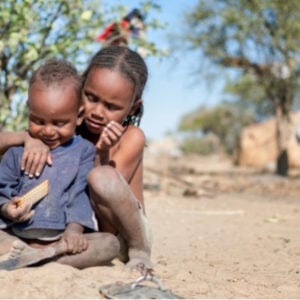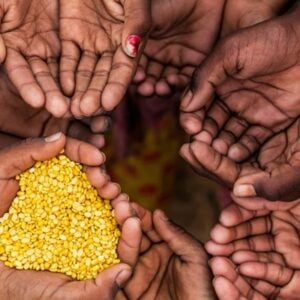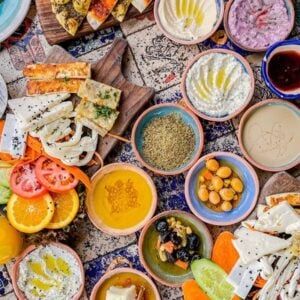Rice is a vital part of daily life in Liberia, both culturally and economically. It is the country’s staple food, consumed at every level of society, and provides nearly half of the calorie intake for adults. It also plays a crucial role in household spending, with about 15% of average household expenses going toward rice. Beyond consumption, rice farming is a source of livelihood for many, as over 74% of smallholder farmers grow rice—but only at subsistence levels. In 2021, Liberia consumed approximately 809,000 tonnes of rice, yet only 21% was produced locally, making the country heavily dependent on imports from nations like India, Pakistan, and the United States.
This dependence has far-reaching consequences. Experts argue that relying on rice imports is unsustainable in the long term, especially when global supply chains are disrupted—as seen during the COVID-19 pandemic. Economically, it creates significant losses, with Liberia spending around $200 million annually on imports. At the same time, this reliance doesn’t guarantee food security, with over half the population experiencing food insecurity and 45% of deaths in children under five linked to malnutrition, according to UNICEF.
To address these issues, Liberia’s government has launched several agriculture-focused frameworks, such as the National Rice Development Strategy II (NRDS II), the National Agriculture Development Plan (NADP) 2024–2030, and President Boakai’s ARREST Agenda. These initiatives aim to enhance food self-sufficiency, reduce rice imports, and boost domestic agricultural productivity, especially in rice farming.
One major step in this direction is the EU-funded Seeds4Liberia Project, which is helping build resilient seed systems for key crops including rice. The project strengthens seed enterprises, boosts quality assurance, and provides training to both public institutions and private actors. It also supports varietal development and turnover, aiming to modernize Liberia’s rice seed sector from the ground up.
The Seeds4Liberia Project has already achieved several milestones. It has supported the establishment of the Seed Development and Certification Agency (SDCA) and produced five tonnes of climate-resilient, bio-fortified rice breeder seeds. Over 10 hectares are currently planted with improved varieties such as CY2, Orylux 6, IR841 (for lowlands), and NERICA 4 (for uplands). This season alone, 25 metric tonnes of foundation seeds are expected, with a goal of 100 metric tonnes by 2026. These seeds will be used by trained seed enterprises to produce 3,000 tonnes of certified seeds for widespread distribution.
Trials are also underway for ten upland rice accessions across different ecological zones in collaboration with SDCA. The top-performing varieties from these trials will be officially registered in the Liberia National Catalogue, further solidifying the country’s capacity for local seed development.
Liberia is now inching closer to achieving food sufficiency. Thanks to the Seeds4Liberia initiative and coordinated efforts among government, research institutions, and farming communities, the country is making tangible progress. Seed by seed, Liberia is laying the groundwork for a rice sector that not only ensures food security but also fosters economic empowerment for future generations.






